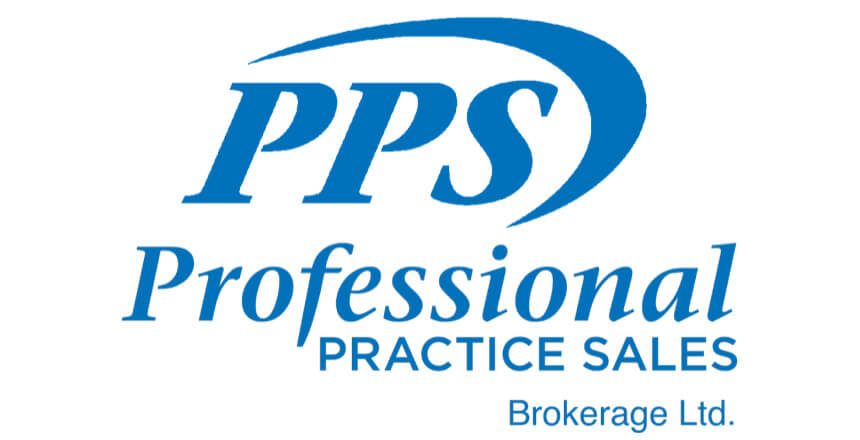
Download the PDF version now!
Real Estate for many people is intoxicating. In this article we will look at what drives people to own real estate for their practice, how to analyze the factors that contribute to making the decision to own, and finally, the impact that decision will have on the sale of the practice.
Here are a few reasons why people like real estate;
- Long term capital appreciation.
- The pride of ownership.
- You can build from scratch or renovate and get exactly what you want.
- You never have to worry about what the landlord might do at the end of the lease.
- By using leverage, you can acquire valuable property with relatively little capital.
For these and several other reasons many dentists choose to own their own premises. But is it really financially viable? Further, how does someone contemplating buying a dental practice that includes real estate analyze the benefits of owning versus renting? Lastly, how does someone who is facing the decision of renewing a lease or buying or building their own premises make the decision?
The decision to own real estate should be based on sound financial reasoning, not emotion. It is perfectly acceptable to buy a house to live in based on emotion, but not a place to conduct business. The business will be paying for the real estate and the “occupancy cost” entry on your financial statement is indifferent as to whether the money goes to a landlord or a bank. What is important is how much it costs and can the practice afford it. You should try and keep the occupancy cost to 6.5 per cent of your gross billings or below.
Let’s look at a couple of examples where we have worked with dentists who own their real estate.
In the first instance it is really obvious that owning the real estate makes perfect financial sense. We were able to sell the practice very quickly and the purchaser paid a premium over the appraised value for the real estate since the value and occupancy costs were so low relative to the practice value.
For Dentist 2, the occupancy cost is far too high relative to the practice billings, and the value of the real estate exceeds the value of the practice. In this case the dentist would have been better off not owning the premises since the real estate has put his practice out of balance financially. Obviously I have chosen extreme examples to illustrate the range that we see. Most cases fall somewhere in the middle of these extremes.
If you are looking at real estate for your practice it is probably easiest to “back” into the decision. By that I mean determine how much you can afford for occupancy and then determine if that will allow you to own. For instance, if your gross billings are $1,000,000, your occupancy costs at 6.5 per cent would be $65,000 annually. Taxes, maintenance and insurance will take up roughly $21,000; utilities and maintenance reserve another $15,000 leaving approximately $29,000 to cover interest on the debt. This will cover the interest on a mortgage of approximately $525,000 at 5.5 per cent. Please note I have calculated this based on covering the interest portion of the payments, and not included the principal portion of the payment because the principal portion is essentially building up future equity. The principal portion will have a modest impact on current cash flow. In the scenario above you could purchase real estate worth $700,000 with a 25 per cent down payment.
While purchasing real estate for your practice will make sense for some people, it is certainly not for everyone. In general, you don’t see large corporations owning their own real estate. This is primarily due to the return on capital that they need to achieve in their business. For most corporations a better return can be achieved by deploying their capital in their core business then in real estate.
There are many other factors to consider when making the decision to own or rent. Your accountant, banker and financial advisor can all help you make an intelligent decision. Just remember to keep the practice in balance so the real estate makes it easier not harder for you to sell your practice.
